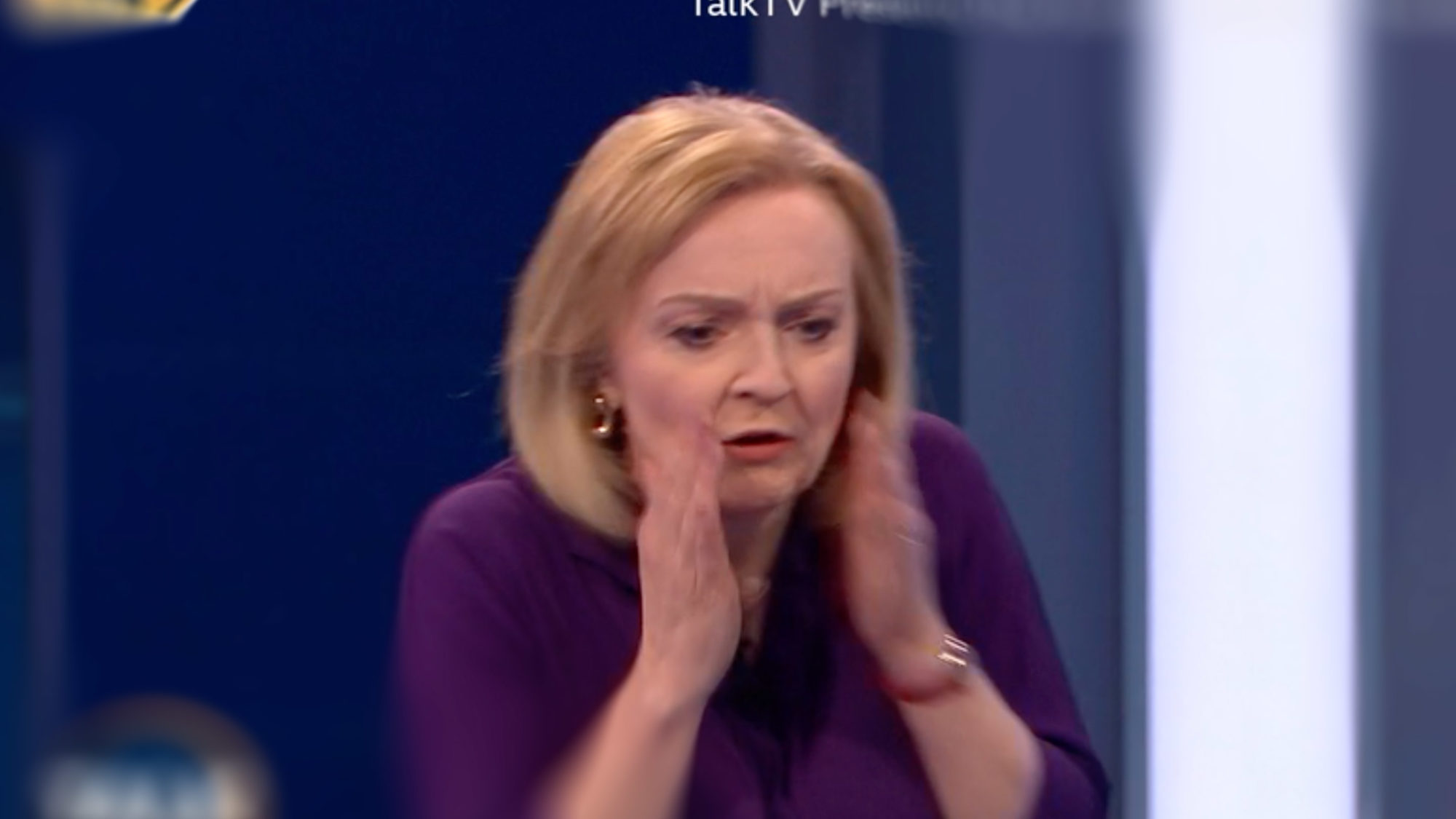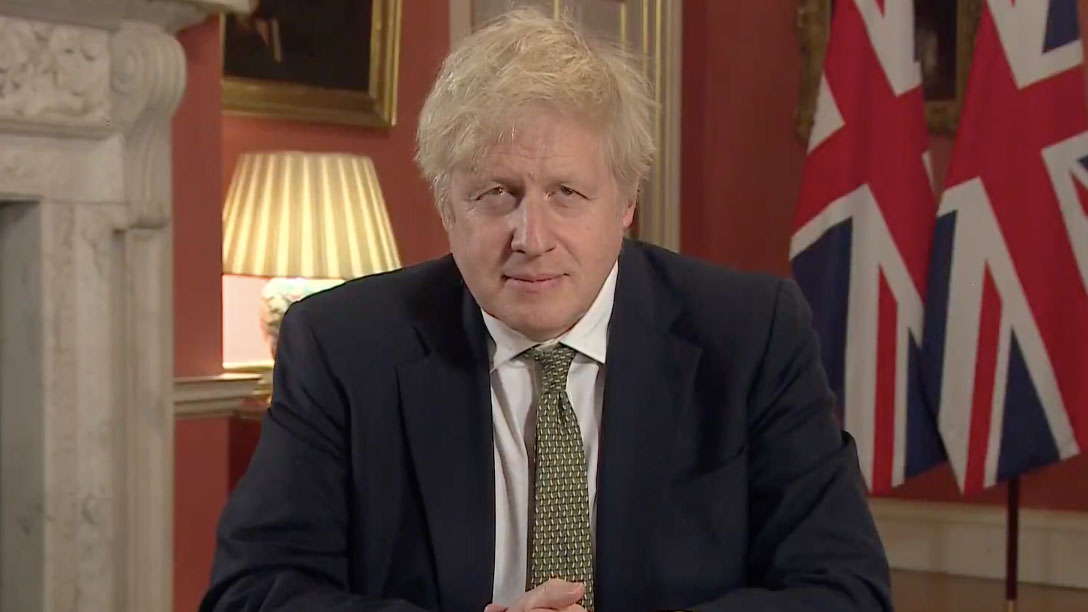Those of us watching the absurd ‘presidential’ squabble between the two contenders for Boris Johnson’s title will of course have noticed that they have now picked up the long dormant banner of Thatcherism in a bid to be the ‘real conservative’.
Mrs Thatcher would of course have considered the silly US presidential style debates they are having on TV to be an absurdity, as most of the population of the UK presumably do. With only 160,000 members who have a vote, around 0.03% of the population, it is something of a nonsense.
Now two people who remember nothing of the Thatcher premiership claim to be its new standard bearers. The two candidates extract the bits of the Thatcher history that suit the next TV debate with little regard for the reality of the real legacy of Mrs Thatcher’s term in office.
Of course selective history is always part of politics and always has been. There are many memories of the Thatcher years on which to draw, and most are based on the experience of those who lived through them rather than the biographies and historiography of the period.
It is notable that neither candidate waxes quite so lyrical about Mrs Thatcher when addressing those in the ridiculously described ‘red wall’ seats. Many voters remember in a collective memory a quite different legacy of Thatcherism to the one espoused by Ms Truss and Mr Sunak. Even one and a half generations since, Thatcherism means something quite different in a former mining, shipbuilding or steelworks town to what it might do in Westminster.
But let’s get back to the legacy of the real Mrs Thatcher. When she won a landslide election victory in 1979, Ms Truss was five years old and Mr Sunak was not even born. Large numbers of former socialist voters shifted to the Tory party because the UK was in a mess and the ‘revolutionary’ ideas of Margaret Thatcher chimed with them. It is inescapable that Thatcherism was born out of Labour voters’ frustration with the failings of their government, every bit as much as it was by the patriotism of the traditional shire Tories. Mrs Thatcher was a populist Prime Minister before that much abused term had been picked up and inverted by the press and media.
So, now our two potential successors, not to Boris Johnson, but to a party leader ousted by her own party over thirty years ago claim the Thatcherite credentials. Poor old Rishi Sunak is at a disadvantage from the start, Liz Truss has actually started wearing the Thatcher trademark outfits and riding in tank turrets. Liz the ‘tax cutter’ and Rishi the ‘fiscally prudent’ are vying for the title, but have they really read the legacy? Do they know the full story of the legendary Margaret Thatcher?
Mrs Thatcher is remembered by many as the fearless fighter for Britain’s corner against the European Community as it then was. The woman who ‘hand-bagged’ the commission into submission and won a startling victory for Britain in obtaining that famous rebate. It’s is astonishing what our media today call the ‘optics’ — what we remember while the facts fade into the shadows. Mrs Thatcher was in fact a dedicated European and perhaps the principal architect of the Single Market on which today’s EU is founded.
From the promulgation of the Single Market at Fontainbleau in 1984, to its ultimate consolidation under the Maastricht Treaty of 1992, after she had been ousted by her own party, Mrs Thatcher was the architect of the modern European Union. Mrs Thatcher and her successor John Major signed every one of the most important treaties since the founding of the EEC under the Treaty of Rome. The Single European Act of 1986 was the biggest upheaval of the European Community in a generation and is still its framework today.
Mrs Thatcher was the most enthusiastic of Europeans for all the hand-bagging of ‘Brussels’. It is quite true that she did not embrace the rather foolish ambition of ever closer political union, but the Single Market was the epitome of the Thatcherite economic philosophy of free trade and liberalisation. Our two aspiring Prime Ministers want to remember what Mrs Thatcher did rather than what she might have said. Our armchair political historians might want to spend less time looking at the hand bag and more at the signatures on the European Treaties.
One final point for Rishi, Liz and the British public to take on board. Mrs Thatcher made many concessions to the European Union including incorporating monetary union in the Single European Act. For all her squabbling with the commission and its President Jacques Delors, she agreed with them far more often than she argued. Maybe that’s what Rishi and Liz are telling us in their bid for the Thatcher mantel. Their governments might be built on concession and collaboration with Europe after all. We have certainly had quite enough of the post-Brexit, Brexit campaign.







